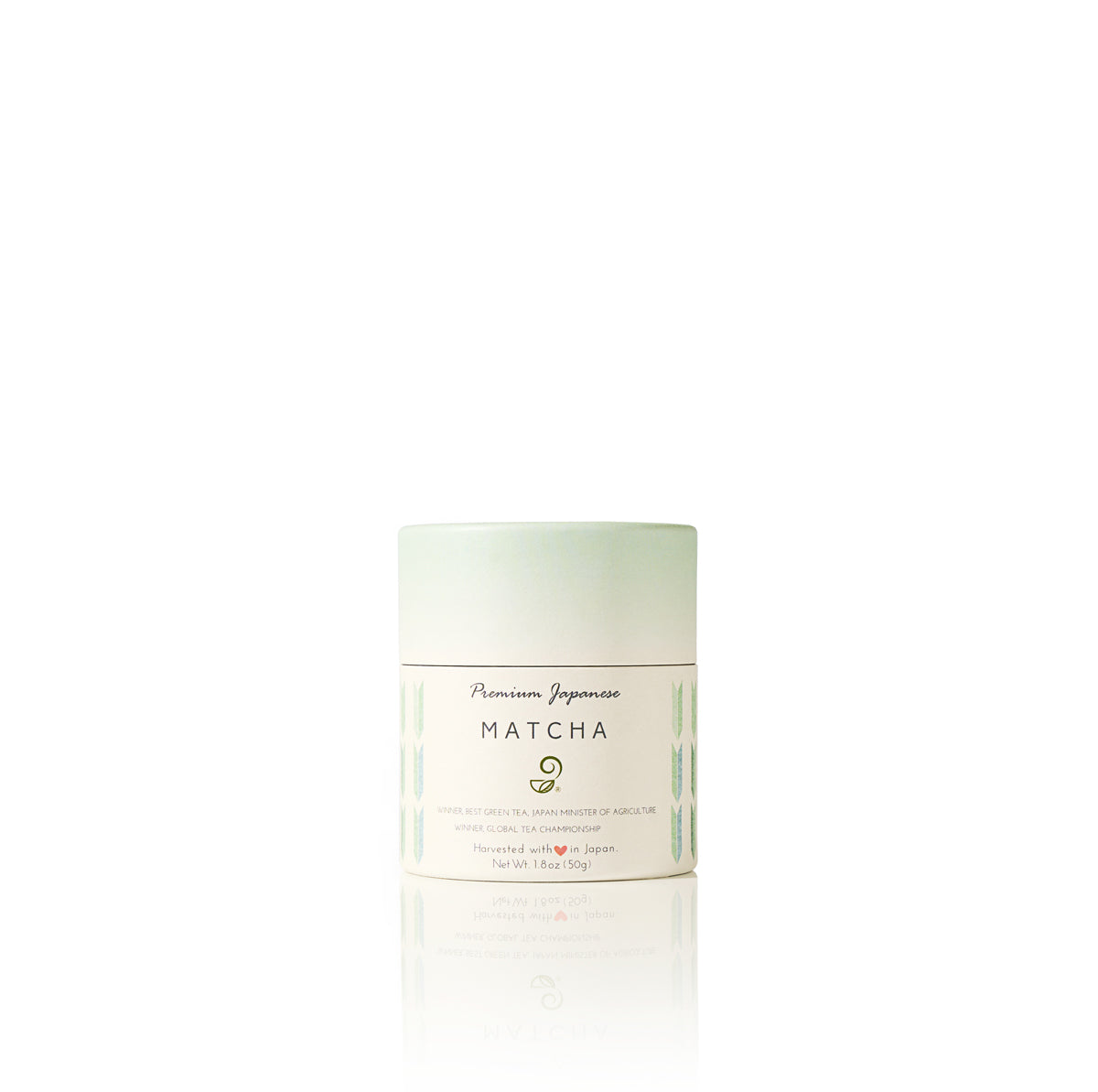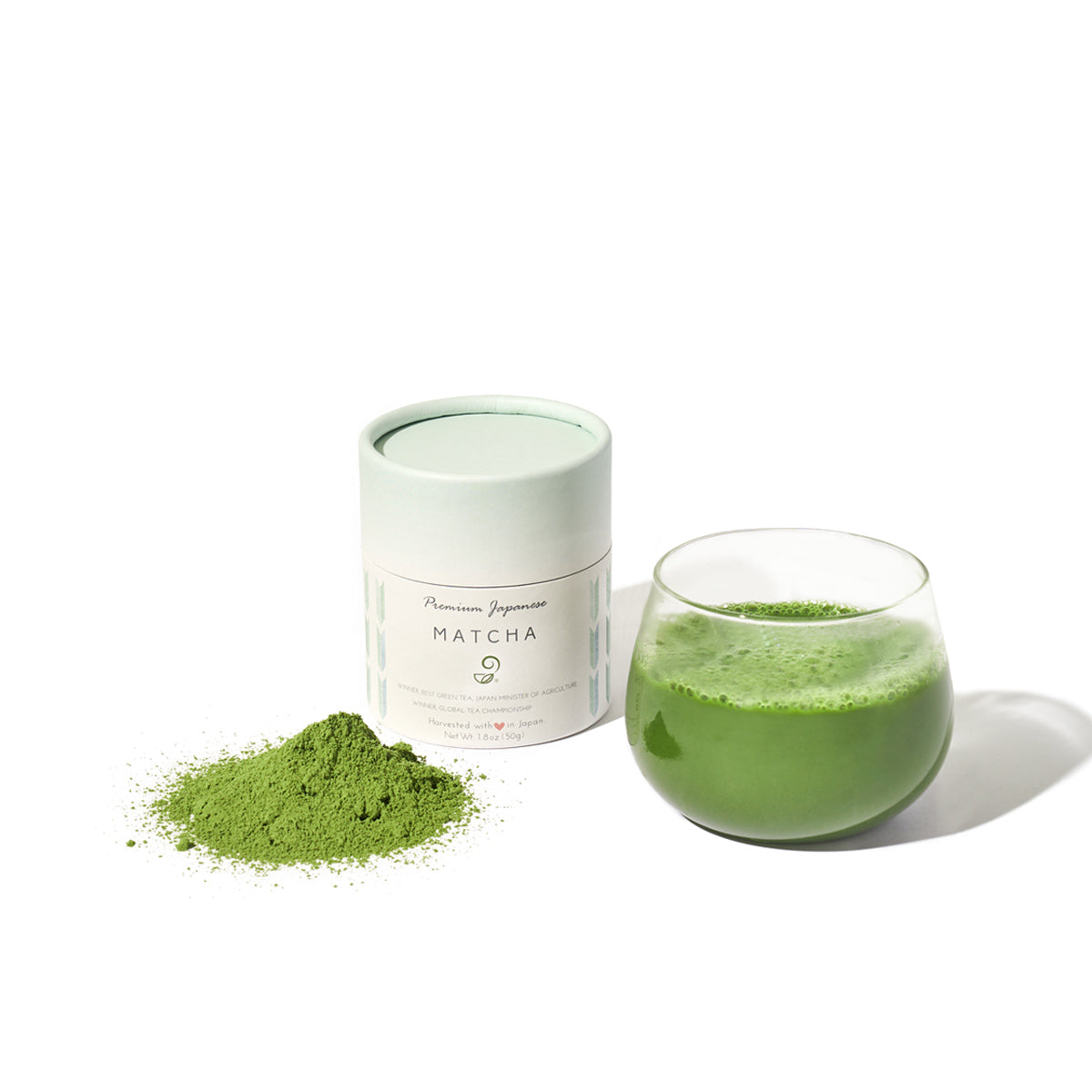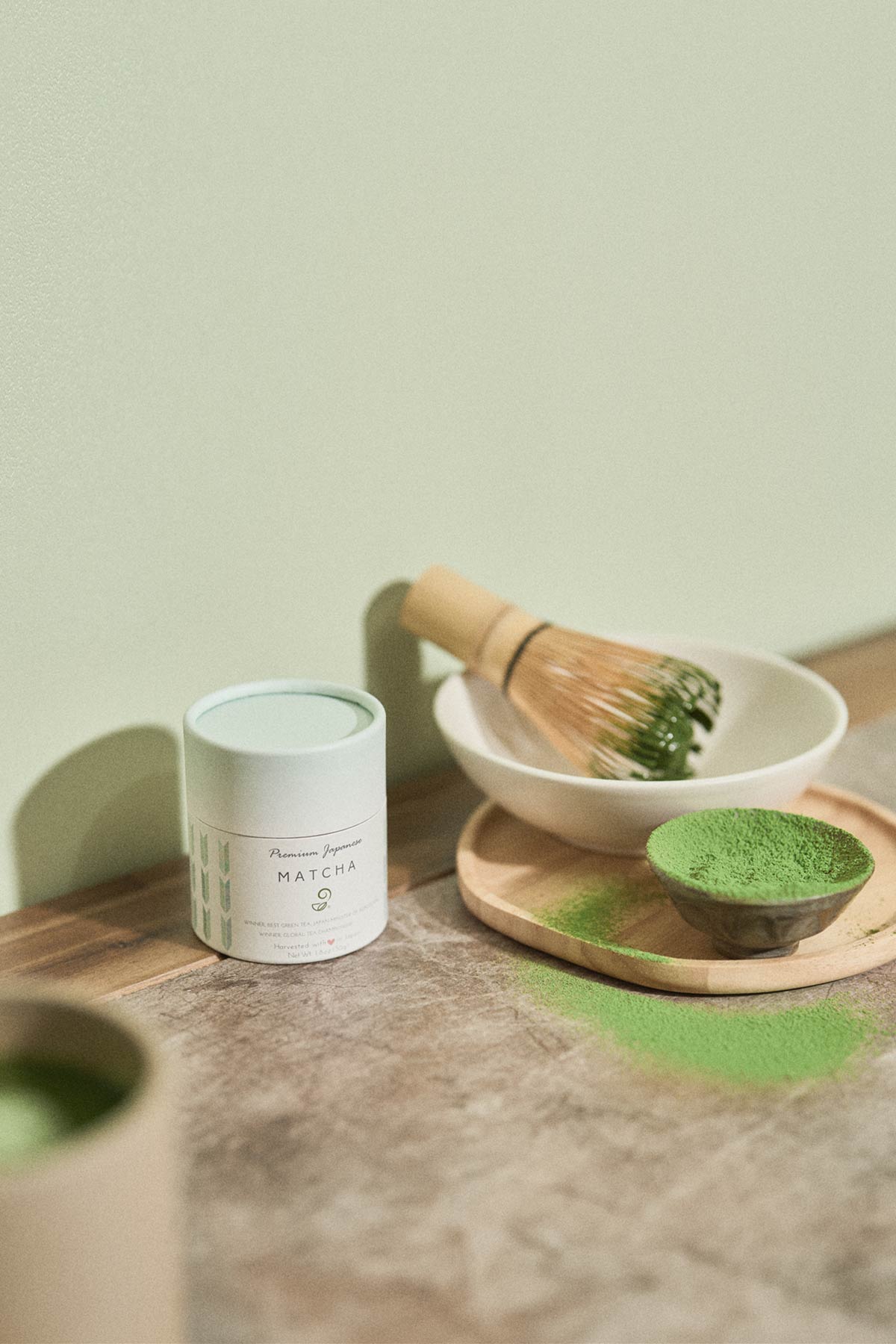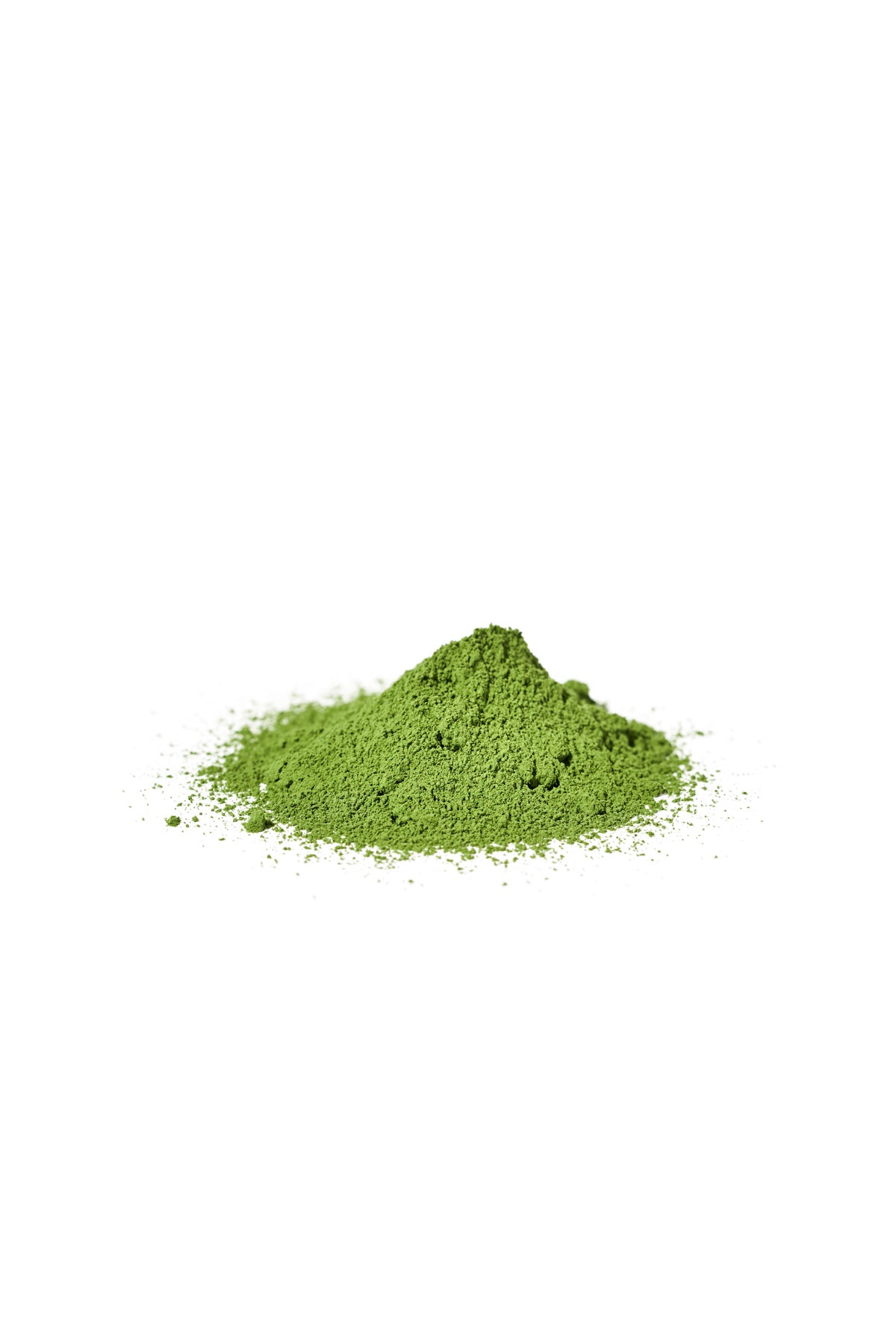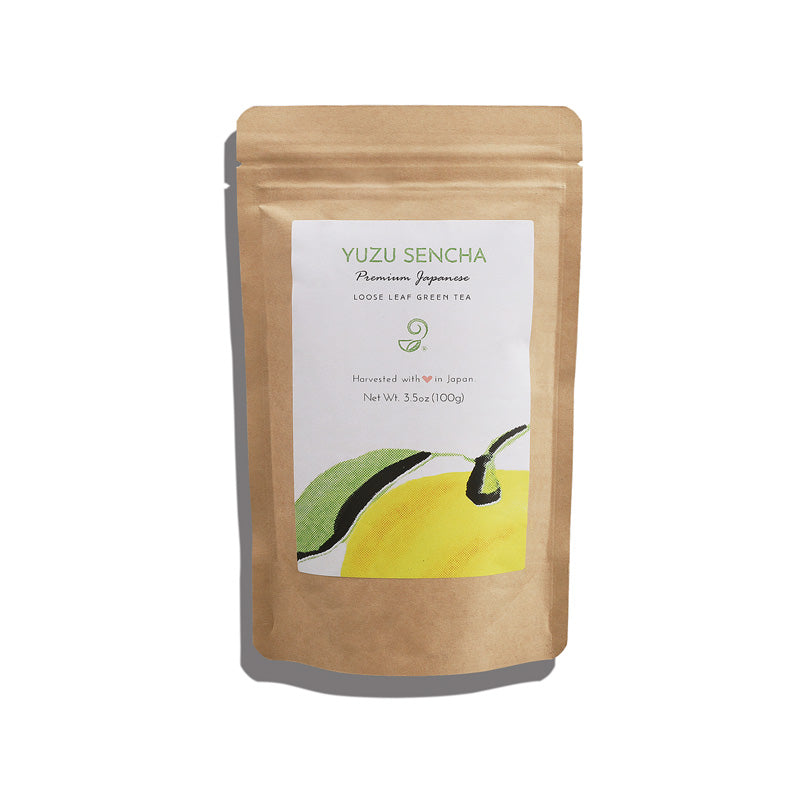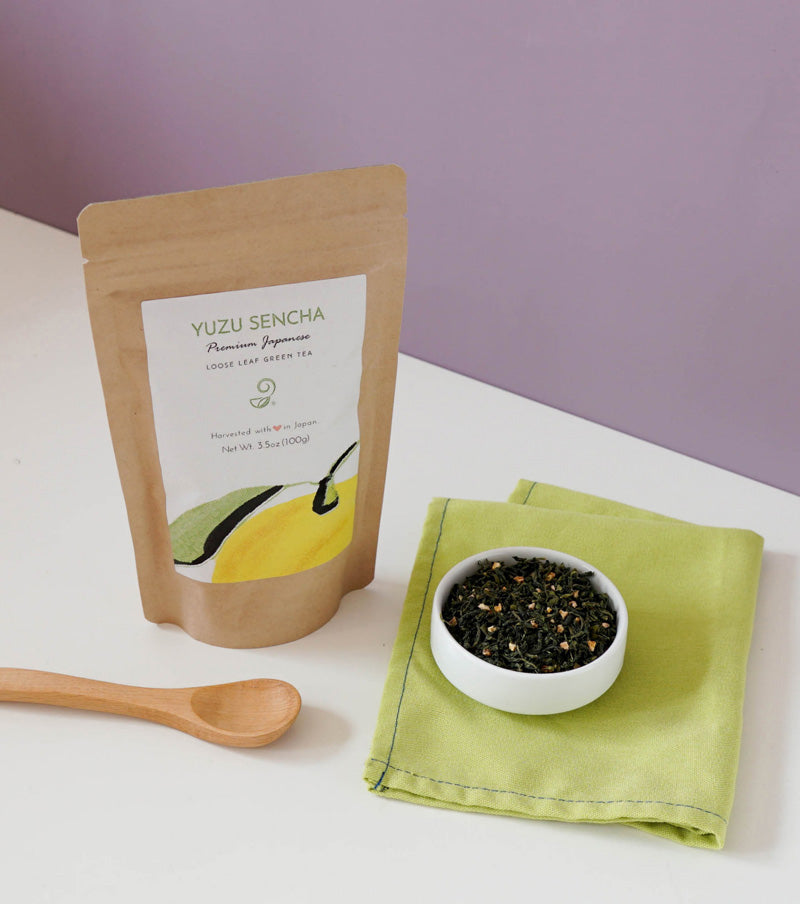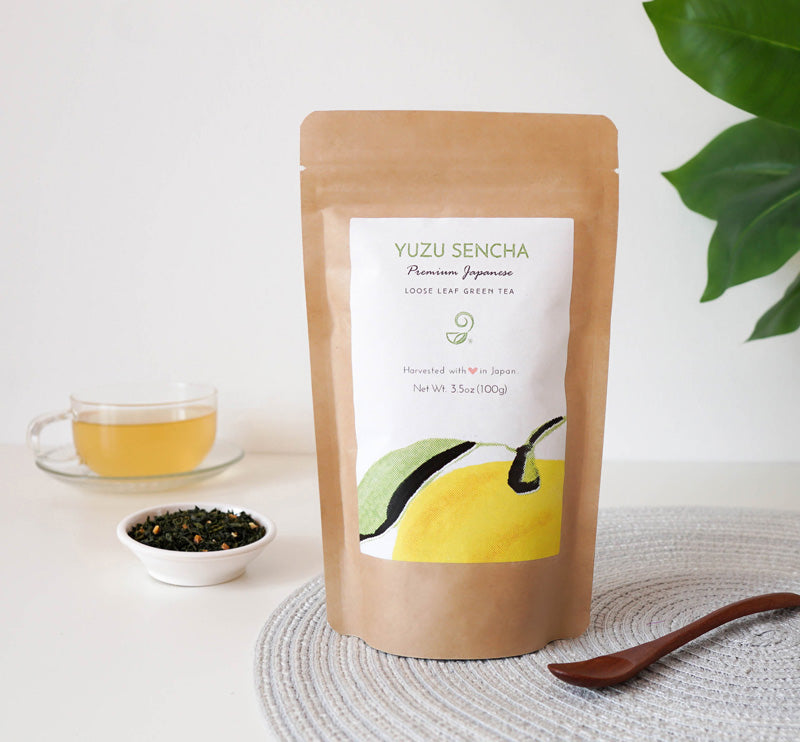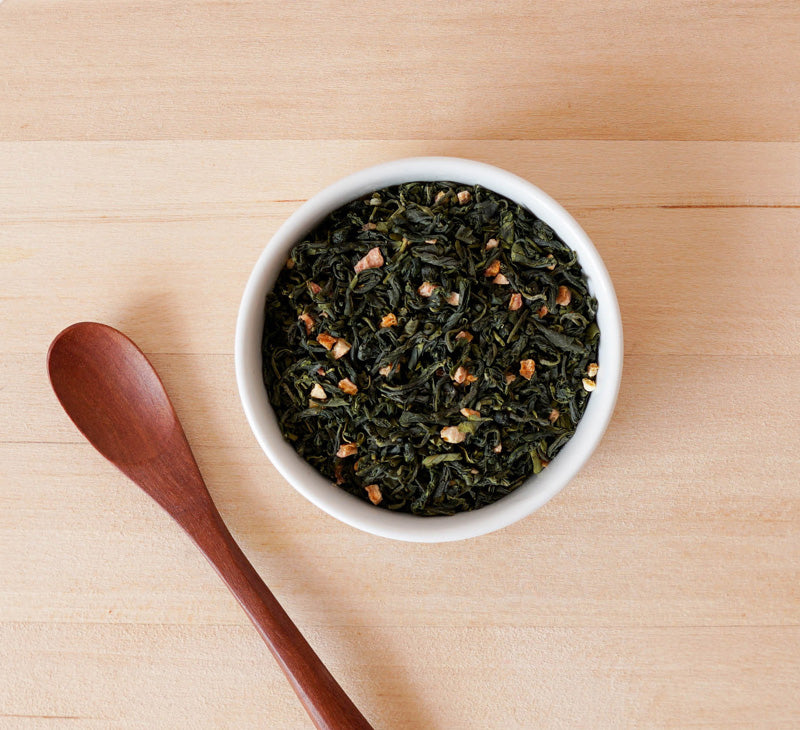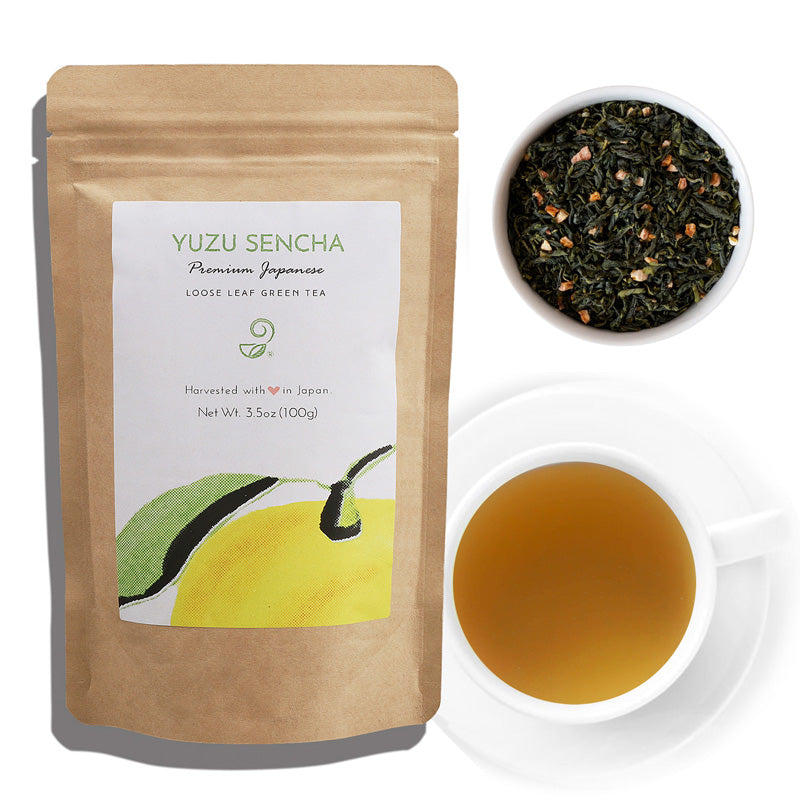Short Answer – Matcha is Healthier
The short answer is: yes, matcha is healthier than loose-leaf (sencha) tea, except for the fact that matcha has more caffeine than loose-leaf tea.
Why is Matcha Healthier?
The main reason that matcha is healthier than sencha is not because of the differences in the tea itself but in how you drink it.
Matcha comes in powdered form, where you consume the entire tea leaf. Conversely, when you drink loose-leaf (sencha) tea, you are steeping the tea in a teapot or some other filter. (Read more about the differences between matcha and sencha.)
Regarding matcha, by consuming the entire tea leaf, you get the maximum health benefit that comes with the tea.
But Wait, Matcha has More Caffeine!
In spite of its benefits, matcha has more caffeine than sencha. As you may know, caffeine is not necessarily considered a healthy element in tea. (Read my other article where I explain everything about tea and caffeine.) Authentic matcha is grown in shade before harvesting, and the tea leaf creates more caffeine during this period.
So… What About Powdered Green Tea?
Powdered green tea, aka konacha, is produced by powdering regular sencha. With this in mind, if quality sencha is used for powdering the green tea, this will make the tea as healthy as matcha while containing less caffeine.

Powdered Tea = Bad Quality?
The problem is that most powdered teas are produced by using low-quality green tea. As you can imagine, when processing green tea, there are "leftover" tea leaves or stems that are perfect for powdering. Obviously, the stems of tea leaves, otherwise considered leftover parts, are not thought to be particularly healthy.
Find Quality Powdered Tea
There are exceptions to these, however. For instance, if you are able to find powdered tea that is made from premium green tea, you get the best of both worlds, i.e., consuming the entire tea leaf with less caffeine.
Japanese Green Tea Company’s Green Tea with Lemon and Green Tea with Orange or Benifuuki Powdered Tea, which are good for allergies, are all examples of this, but you will find many more quality powdered teas online.
Just make sure that you order powdered tea that is claimed to be powdered from the first crop or top-quality part of the tea leaf.
Regardless, if you don’t mind the caffeine and love the sweet bitterness of matcha, then matcha is indeed healthy for you!
General List of Matcha Health Benefit
In case you are wondering, here is a short list of the health benefits of matcha:
Lower Blood Pressure
Matcha contains an antioxidant called catechins. This ingredient can lower blood pressure. They can greatly help you if your blood pressure is 130 or higher, which increases the risk of developing stroke, heart attack, heart disease, and other health complications. Read more about it here.
Contains Cancer-Fighting Properties
Matcha tea has been extensively researched for its cancer-fighting capabilities. The tea contains polyphenols, which can help boost plasma antioxidant activities. Matcha tea contains about 60% EGCG, which is 100 times more than other teas. Read more about it here.
Boost Metabolism
Matcha tea is also rich in epigallocatechin. This compound can boost metabolism and discourage the growth of fat cells. According to study research conducted by the Journal of Endocrinology about EGCG, daily administration of EGCG on rats resulted in a 21 percent loss in body weight within seven days. This makes match tea the perfect alternative to coffee, which can reduce blood sugar levels, which normally cause weight gain.
Dental Health
Drinking a cup of matcha at least once per day can improve the shape of your teeth. There is an ingredient in the leaves that ensures the acid levels in the mouth are favorable. Or maybe it is the fluoride that the plant assimilates from the soil. Read more about it here.
Rich in Antioxidants
Matcha contains high amounts of catechins, which are natural antioxidants. These compounds stabilize dangerous free radicals, which can cause serious diseases and even damage the cells. The matcha tea has all the nutrients that the natural leaf has. In fact, it contains more catechins than other types of tea.
A recent research study done on mice found that matcha supplements improved antioxidant levels in the animals and reduced damage caused by free radicals. Adding matcha as part of your daily diet could improve your antioxidant level and reduce your chances of contracting diseases.
Get Free Bonus Books

Sign up for free to the Green Tea Club to get advice and exclusive articles about how to choose Japanese Tea, and tips, tricks, and recipes for enjoying Japanese tea.
About the author
Kei Nishida
Author, CEO Dream of Japan
Certification: PMP, BS in Computer Science
Education: Western Washington University
Kei Nishida is a passionate Japanese green tea connoisseur, writer, and the founder and CEO of Japanese Green Tea Co., a Dream of Japan Company.
Driven by a deep desire to share the rich flavors of his homeland, he established the only company that sources premium tea grown in nutrient-rich sugarcane soil—earning multiple Global Tea Champion awards.
Expanding his mission of introducing Japan’s finest to the world, Kei pioneered the launch of the first-ever Sumiyaki charcoal-roasted coffee through Japanese Coffee Co. He also brought the artistry of traditional Japanese craftsmanship to the global market by making katana-style handmade knives—crafted by a renowned katana maker—available outside Japan for the first time through Japanese Knife Co.
Kei’s journey continues as he uncovers and shares Japan’s hidden treasures with the world.
Learn more about Kei
